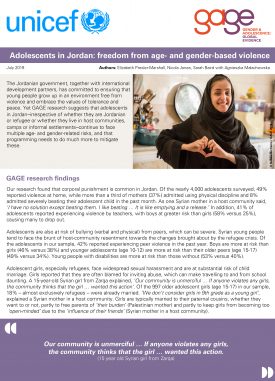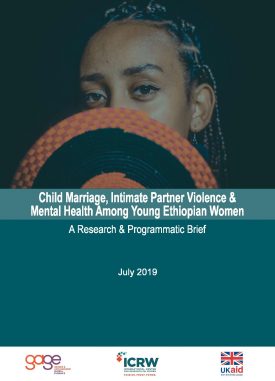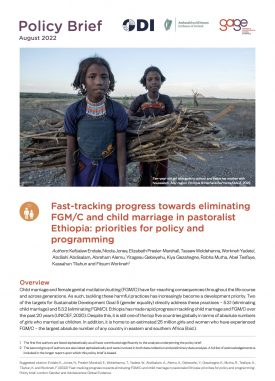More than five years on from the mass influx of Rohingya people into Cox’s Bazar, Bangladesh, gender-based violence (GBV) remains endemic and protection needs remain acute. Since the outset of the Rohingya humanitarian response, organisations with relevant capacity and experience have provided GBV prevention, response and mitigation activities, including during the Covid-19 pandemic restrictions that led to closure or partial suspension of some activities. Since 2017, partners working in the GBV sub-sector have intensified their activities, including establishing Women and Girls’ Safe Spaces, Integrated Women’s Centres and Shantikhana (Peace House) as places to conduct GBV activities, as well as increasing the network of trained Rohingya volunteers to conduct community-level and door-to-door outreach. Despite the increased presence of GBV sub-sector partners throughout all Rohingya camps, incidences of GBV remain high, reporting remains relatively low, and particular groups – including adolescent girls – remain difficult to reach.
Suggested citation:
Guglielmi, S., Mitu, K., Jones, N., Ala Uddin, M. and Seager, J. (2022) Gender-based violence. What is working in prevention, response and mitigation across Rohingya refugee camps, Cox’s Bazar, Bangladesh. Report. London: Gender and Adolescence: Global Evidence. (https://www.gage.odi.org/publication/gender-based-violence-what-is-working-in-prevention-response-and-mitigation-across-rohingya-refugee-camps-coxs-bazar-bangladesh/)


